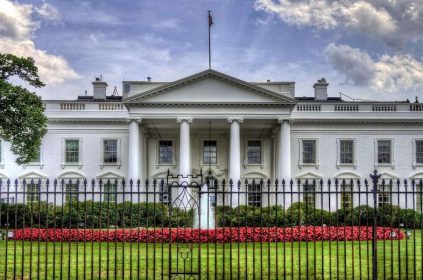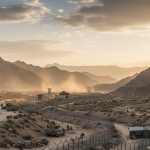By Ishfaqullah Shawl
As Pakistan faces a deepening economic crisis, experts are urging the country to look inward for solutions — particularly in the edible oil sector. Every year, Pakistan spends between $4 and $5 billion on importing edible oils and oilseeds, including nearly $1 billion on olive oil alone.
Yet, across Pakistan’s northern regions, millions of wild olive trees grow untapped — a potential “green treasure” that could drastically cut this import bill and strengthen the local economy.
Currently, Pakistan ranks among the world’s top five importers of edible oils. It sources canola from Canada and Australia, sunflower oil from Ukraine and Russia, soybean oil from the U.S. and Argentina, and olive oil from Mediterranean producers.
Agricultural specialists believe that if the vast population of wild olive trees were properly grafted and processed, Pakistan could become self-sufficient in edible oil production, creating jobs in rural areas and stabilizing the national economy.
The Hidden Wealth of Wild Olives
In the Malakand Division and other northern areas, experts estimate around 50 million wild olive trees are growing naturally. Grafting — the process of joining two plant varieties to produce fruit-bearing trees — could turn these untapped resources into a major source of high-quality olive oil, potentially earning billions of dollars for the country.
Across Khyber Pakhtunkhwa (KPK), including the merged tribal districts, the number of wild olive trees may reach 70 million. Unfortunately, many of these trees are being cut down for firewood or livestock feed due to limited awareness about their potential value.
“Pakistan is sitting on a green goldmine,” one agricultural expert remarked. “With scientific grafting and proper processing, these trees could transform the rural economy and drastically reduce import dependence.”
A Costly Dependence
Pakistan currently imports about 75% of its edible oil, with palm oil accounting for 94% of these imports — primarily from Malaysia. It also brings in 2.2 million tons of oilseeds annually, while local production meets less than one-third of national demand. This dependency continues to drain $4–5 billion from the economy each year.
Decades of policy neglect, poor planning, and lack of technical training have worsened the situation. Experts point out that regions such as Khyber Pakhtunkhwa, Balochistan, and Punjab are well-suited for cultivating olives, sunflower, canola, and mustard — yet these opportunities remain largely untapped.
“The government’s inattention has stifled what could be a thriving, sustainable edible oil industry,” said a senior agriculture official. “Strategic investment and farmer training could replace imports with local production.”
Environmental and Economic Benefits
The unchecked felling of wild olive trees also contributes to deforestation and soil erosion, further aggravating environmental issues. Pakistan now has the second-highest deforestation rate in Asia, according to the World Wildlife Fund (WWF). This has reduced the country’s natural carbon absorption capacity and intensified climate challenges such as heatwaves, droughts, and flash floods.
Experts stress that grafting offers a low-cost, eco-friendly solution. By grafting millions of wild olive trees, Pakistan could not only produce more oil domestically but also restore degraded lands, create employment, and mitigate deforestation.
“Grafting wild olives is a simple yet powerful step,” said one environmental researcher. “It can secure food supplies, generate income, and save billions in foreign exchange while protecting the environment.”
If effectively implemented, an olive grafting initiative could save Pakistan up to $5 billion annually, create thousands of new jobs, and lay the groundwork for a sustainable, self-reliant agricultural economy.
The writer is a working journalist and regular article writer and can be reached at ibnehassan@gmail.com
Read more: https://nayakashmir.com/govt-approves-national-wheat-policy-2025-26-to-protect-farmers-interests/
















